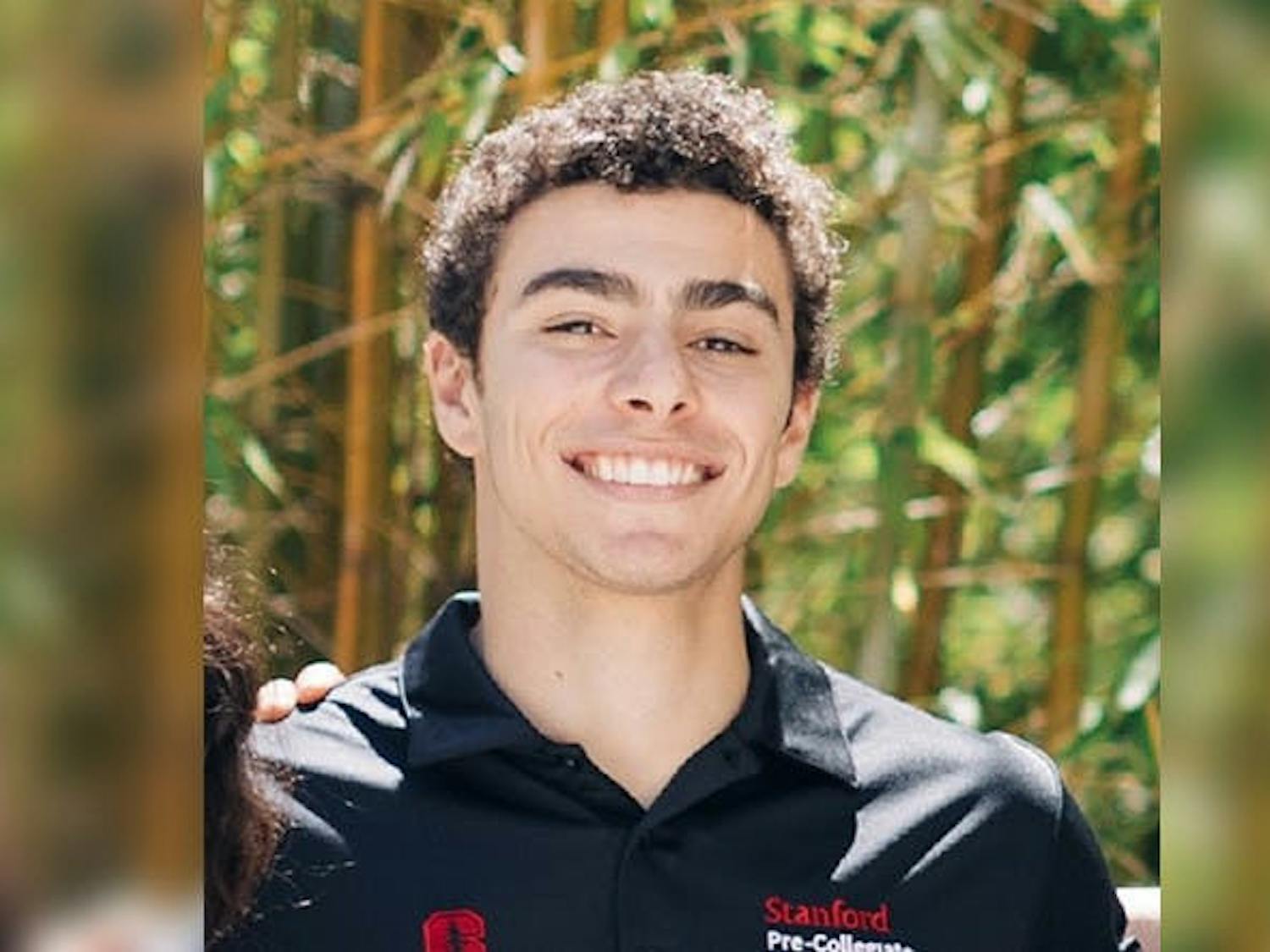Wednesday's protest of a former Penn professor who conducted research on prison inmates and the elderly has raised questions about the ethical standards by which experiments of previous decades are judged.
"Our attitude is that in some ways his experiments from current standards... don't pass muster," said Medical Ethics Department Chairman Arthur Caplan, speaking for the Bioethics Department. "But according to the standards of the day, doing experiments on prisoners was common."
Protesters rallied outside the College of Physicians Wednesday night in opposition to the college's decision to honor Penn Professor Emeritus Albert Kligman for his contributions to dermatology, including the development of the acne cream Retin-A.
Some non-protesting attendees acknowledged the unethical nature of Kligman's past research while still commending him for his scientific advancements.
And, according to Caplan, such a response is appropriate.
"There's no doubt that scientifically and medically he did pioneering and important work," Caplan said. "At the same time, I think it's appropriate in acknowledging him to comment that some of the things that happened in the time were immoral."
Caplan said he believes in moral progress. "Science has advanced and, in fact, ethics have advanced."
A group of about 30 people carried signs and used bullhorns to protest what they called Kligman's unethical experimental practices from the 1950s to the 1970s, while he was working for Penn.
Kligman, who tested pharmaceutical drugs on inmates at Holmesburg Prison and the elderly at Riverview Home, among others, was unavailable for comment.
Temple Professor Allen Hornblum, author of Acres of Skin, an expos‚ of Kligman's experiments, said that the protesters were trying to "let Penn and Kligman and others in the medical industrial complex know that they can't get away with doing injustices to people."
According to the protesters, in the process of testing drugs for pharmaceutical companies such as Johnson & Johnson and Dow Chemical Company, Kligman inflicted pain and discomfort on his subjects.
According to a University statement on the issue, although the practice is no longer permitted, "In the 1950s and 1960s, the use of willing, compensated prisoners for biomedical research was a commonly accepted practice by this nation's scientists -- most of whom were associated with major universities or the federal government."
Furthermore, Health System spokeswoman Rebecca Harmon said the University does offer a free medical examination and follow-up care to any former inmates who believe the University's research, prior to 1973, has caused them long-term health effects.
The "Survivors of Holmesburg," as they call themselves, do claim that they continue to suffer from the after-effects of Kligman's experiments.
"When they abused people for their own interests... it's still unethical, immoral medicine, and that's what we're trying to point out," Hornblum said.
"We got our message across that we are going to follow Kligman and Penn although they've tried to escape the judgment of history," he continued. "We are going to continue to give these guys a voice."
But, according to some, that voice may have been muffled.
"I can't say that the demonstrations had any effect at all," said Russ Maulitz, a fellow at the college. "I heard no conversation about it" throughout the evening.
The portion of the evening devoted to honoring Kligman was "about 10 seconds," Maulitz added.
Some have already begun to respond to the former inmates' claims. Dermatologist A. Bernard Ackerman, whose brother James Ackerman, a professor emeritus of the Dental School who yesterday said he would resign from the College of Physicians, intends to publish an article in his medical journal, Dermatopathology: Practical & Conceptual, discussing and condemning Kligman's experiments.
Still, while the "Survivors of Holmesburg" who were present, along with Temple students and other supporters, may have made their point, the conversation appears to have been mostly one-way.
Maulitz said the college probably "felt obligated to honor" Kligman.
"I remember saying to someone it was a very good thing to shake up the college," he continued.
Maulitz added he hoped the college made a good decision in awarding Kligman, but said, "I honestly don't know enough about" Kligman and the protesters' claims.
The director of public relations at the college refused to comment Wednesday.
Robert Austria, who serves on the Committee for Awards for the College of Physicians and is a Penn doctor, said that the controversy surrounding Kligman "never entered into the discussion" regarding his award.
"He is an active member of the college, and a generous contributor to it," Austrian said. "He had a controversial but a distinguished career in dermatology."
He called the concerns of the protesters "an awfully old issue."
"Some issues never die," he added.
"Times change," he said, suggesting that perhaps issues such as these should be put to rest.
Bernett Johnson, professor of Dermatology and senior medical director, said that despite allegations, "this was research done in the '40s and '50s.... I still think he has a good heart."
Still, some in the University community recognize the need for doctors and institutions today to apologize for past unethical behavior.
"You have this problem that comes up all the time of holding people" to today's standards when evaluating their past actions, Caplan said.
"There's been a shift in attitudes from the '50s to today in terms of research on prisoners and the rights of people to be informed," Caplan continued, calling Kligman's methods at Holmesburg "ethically questionable by today's standards."
"I think it's fine and appropriate to say to people [that] what we did then we've learned is wrong, and we are committed to doing better," he said. "I think that's owed the people. I think that's appropriate for the University to say."








